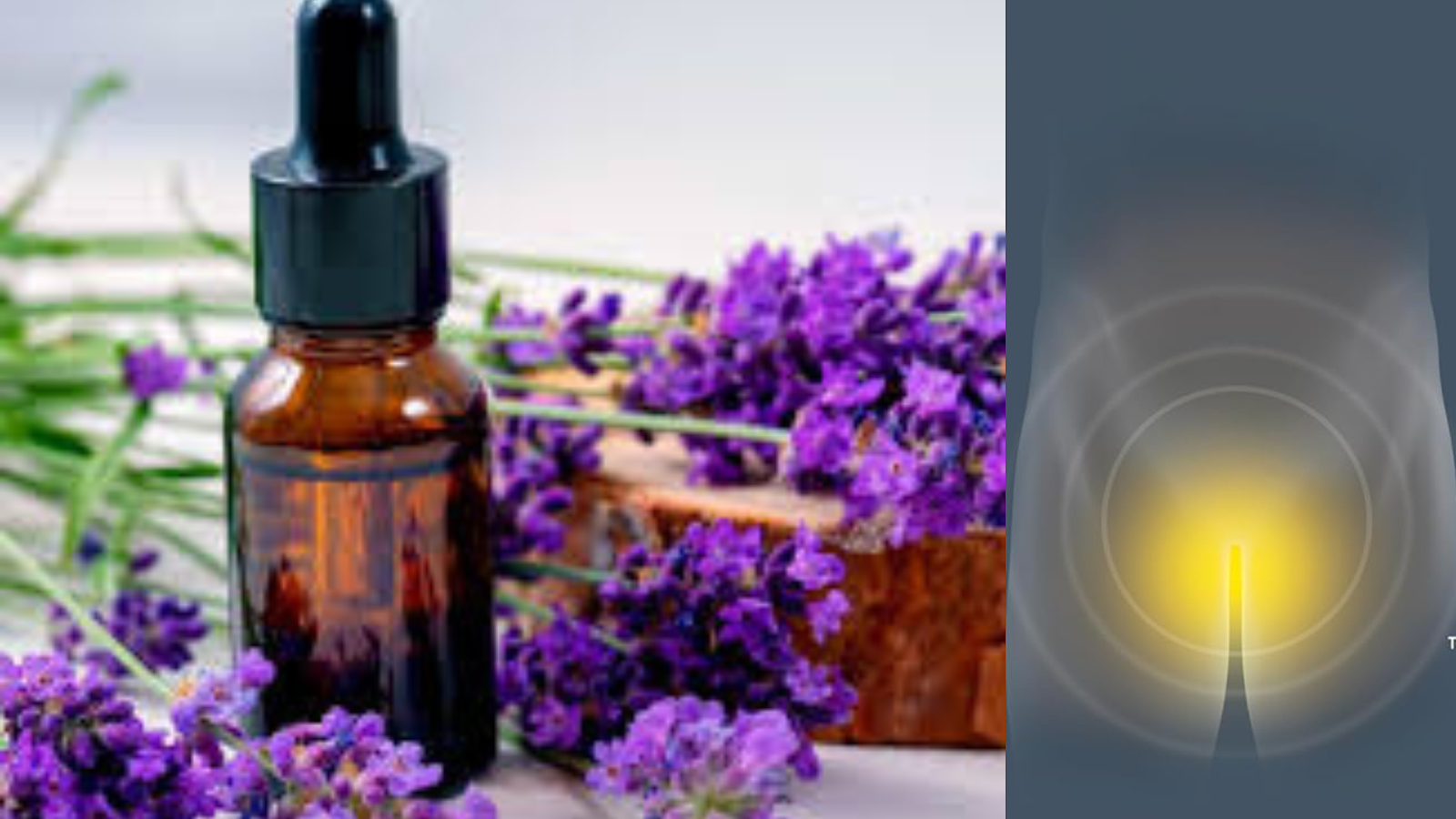Tinea cruris, commonly known as jock itch, is a fungal infection that causes intense itching and discomfort in the groin area. It's a persistent and frustrating condition that can significantly impact quality of life. While conventional antifungal treatments are commonly prescribed, some people have found relief using natural remedies. One such remedy is lavender oil, an essential oil with documented antimicrobial properties. Here’s a more detailed look at how lavender oil can be used to manage and treat jock itch.
My Personal Experience
A few years ago, I embarked on a basement renovation project for someone, which unfortunately led to a severe case of jock itch. Despite trying various over-the-counter treatments and antifungal creams, the discomfort persisted for nearly a year. Frustrated and desperate for relief, I decided to explore alternative treatments and stumbled upon lavender oil.Lavender oil is renowned for its antimicrobial and anti-inflammatory properties, which made it a compelling candidate for treating my condition. With some preliminary research backing its effectiveness, I decided to give it a try.
Why Lavender Oil?
Lavender oil is derived from the lavender plant (Lavandula angustifolia) and is well-known for its soothing properties. Research suggests that lavender oil possesses antifungal and antibacterial effects, making it a potential candidate for treating fungal infections like tinea cruris.
1.Antimicrobial Properties: Lavender oil contains compounds such as linalool and linalyl acetate, which have been shown to exhibit antifungal and antibacterial activities. These properties can help combat the fungi responsible for jock itch.
2.Anti-inflammatory Effects: Lavender oil may also help reduce inflammation and itching associated with tinea cruris. This can provide symptomatic relief and improve comfort during the healing process.
Application Method
1.Preparation: Ensure that the affected area is clean and dry before application. Washing with a mild soap and thoroughly drying the area can help prevent further irritation.
2.Direct Application: Dilute the lavender oil with a carrier oil (such as coconut or jojoba oil) to avoid irritation. A common ratio is 2-3 drops of lavender oil per tablespoon of carrier oil. Apply the mixture directly to the affected area.
I actually apply pure undiluted lavender oil but for some reason this is not recommended.
3.Frequency: Apply the lavender oil mixture to the infected area once or twice daily. It may take a few weeks to see noticeable improvement, so consistency is key.
4.Observation: Monitor the area for any signs of irritation or adverse reactions. If you experience increased redness, swelling, or discomfort, discontinue use and consult a healthcare professional.
Complementary Treatments
In addition to using lavender oil, integrating other preventive measures can enhance the effectiveness of the treatment:
Tea Tree Oil: Like lavender oil, tea tree oil has antifungal properties. You can alternate between lavender and tea tree oil to maximize therapeutic benefits. Follow similar dilution and application procedures.
Powders: After the essential oils have dried and been absorbed, applying an antifungal powder can help keep the area dry and prevent recurrence. Look for powders specifically designed for fungal infections.
Hygiene: Maintain good personal hygiene and wear loose, breathable clothing to reduce moisture buildup, which can exacerbate jock itch.
Consultation: If symptoms persist or worsen, consult a healthcare provider for additional treatment options.
Conclusion
Using lavender oil to treat tinea cruris can be an effective natural remedy, supported by its antimicrobial and anti-inflammatory properties. My personal experience with lavender oil underscores its potential as a viable alternative for managing jock itch, particularly when conventional treatments fail. As always, it’s important to approach any treatment with caution and consult a healthcare professional if needed. Combining lavender oil with other preventive measures can provide comprehensive relief and help prevent future outbreaks.Feel free to share your own experiences or ask questions about treating jock itch with natural remedies.



